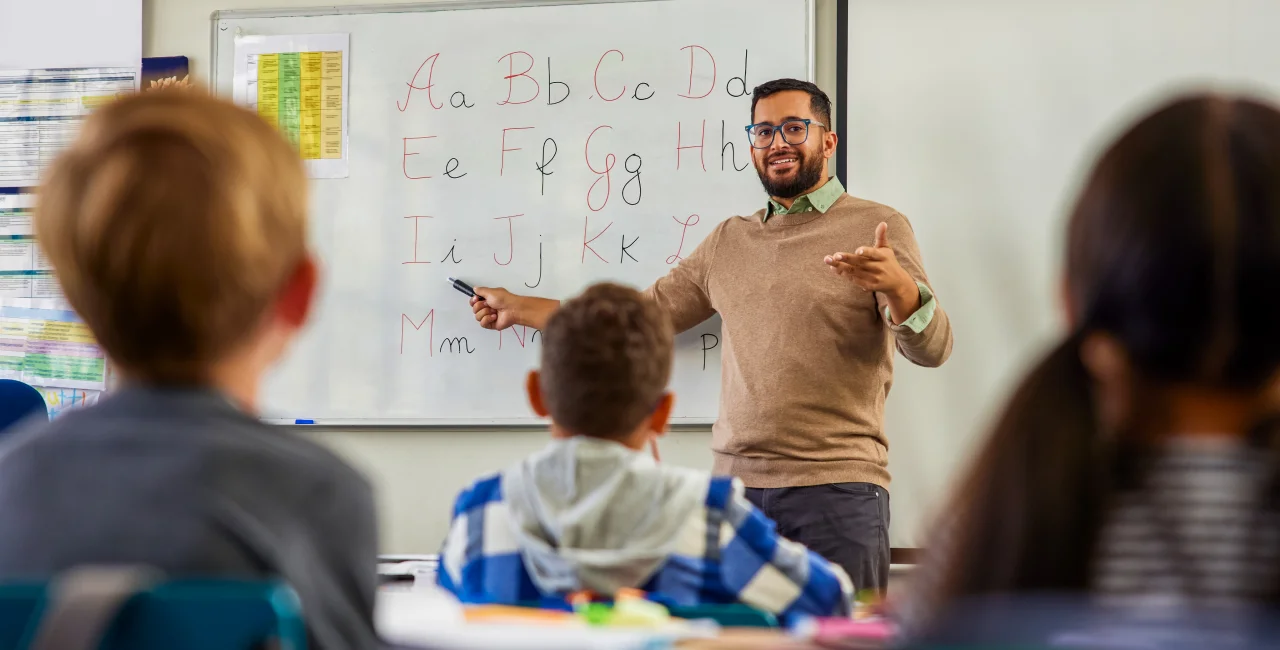Education Minister Mikuláš Bek's proposal to introduce foreign language teaching in primary schools from the first grade has drawn criticism from several school organizations, who argue that the changes will do more harm than good.
The education-based organizations, including EDUin, SKAV, and the Association of Elementary School Principals, are calling on the ministry to maintain the current obligation to teach a foreign language from the third grade and another from the eighth grade at the latest. They claim that schools are not prepared for the change, citing a lack of specialized foreign language teachers and inadequate training for first-grade teachers.
PARTNER ARTICLE
"The preparation cannot even be completed by 2027," said a spokesperson for the organizations. "We agree that there is a need to strengthen and improve the quality of foreign language teaching, but the proposed steps alone will not lead to this."
Under the proposed changes, pupils would learn a compulsory foreign language from the first grade and a second foreign language from the sixth grade. The level of English is also set to increase from A2 to B1 for ninth graders.
However, the organizations argue that the lack of qualified teachers and inadequate training will only deepen the problem of low-quality teaching. They also say that first-grade teachers who teach foreign languages do not have mandatory didactic training.
According to the Czech School Inspectorate's annual report for 2023, more than half of primary schools employed uncertified teachers to teach foreign languages. "The lack of qualified teachers and teachers with certain approvals has been talked about for a long time," said a ministry spokesperson.
The Ministry of Education plans to conduct a survey in November to assess the current situation. Meanwhile, the organizations are urging the ministry to reconsider its proposal and prioritize teacher training and quality over hasty implementation.
"We want to ensure that our children receive quality education, and rushing into these changes without proper preparation will only lead to chaos," said a parent representative.
The proposed changes are part of the revision of the Framework Education Program (RVP), which aims to improve the quality of education in the country. The RVP, introduced in 2005, allows schools to create their own curricula, but the organizations argue that this flexibility has led to inconsistent quality of education.
Bek defended his decision earlier this year, saying that Czech pupils’ academic performances in international comparisons, which he considers alarming, should serve as an argument for their implementation.













 Reading time: 2 minutes
Reading time: 2 minutes 





























